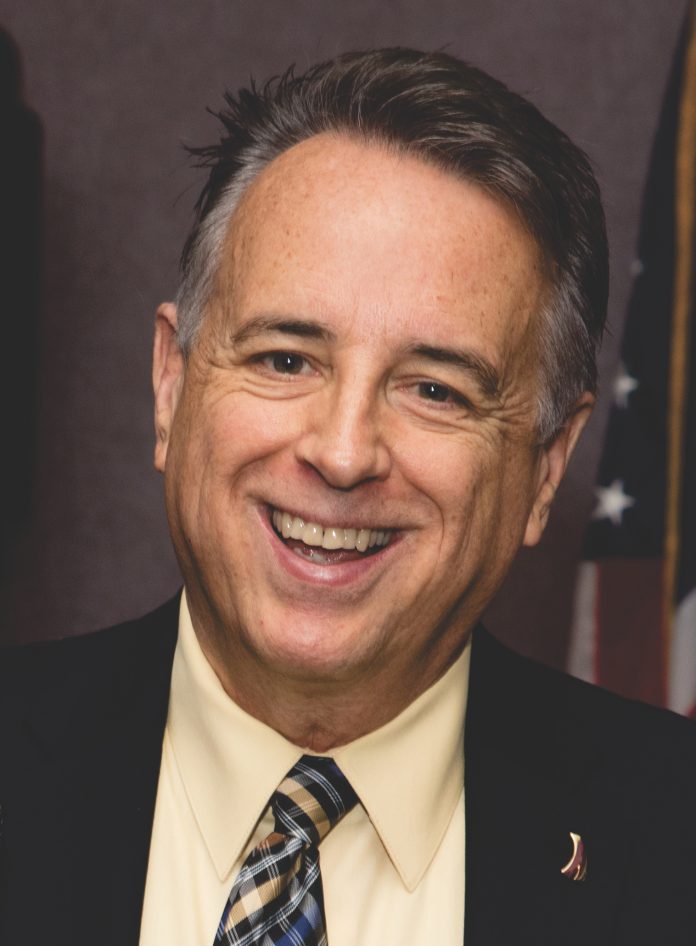Exactly what “defund police” means is a matter of discussion. Whatever happens, it must, at a minimum, include extreme reform. We have seen too many videos that range from total disrespect to brutality to murder.
Years ago, we wrote an editorial, citing a Rand Corp. public policy that found for every $1 spent on education, $3 was saved in the criminal justice system. A newer Rand study finds for every $1 spent on prison education programs, it results in a $4 to $5 reduction in incarceration costs during the first three years, post-release of a prisoner.
The U.S., and we can start with Nevada, needs to repurpose the money spent on the police and incarceration, directing it toward education, social services and mental health. That in turn, will result in fewer homeless, higher incomes and less interactions with policing agencies (in whatever form new public safety agencies take).
I have very few interactions with police. While I would like to keep it that way, I realize over the years, police have interacted with me on two levels. One is as an employed, “decently dressed,” white male. As an activist, I also interacted with the police as a gay man and the difference in how I was treated, was very real.
That said, I have never had to interact with the police as a person of color. I have never had to fear for my life over a simple traffic stop. I recognize my interactions with the police and my Black friends are not comparable. I am not qualified to even explain this, but I recognize it is totally different.
While we wait for our elected officials to figure things out, here are a few policies Sheriff Joseph Lombardo can implement immediately.
Insist on respect and de-escalation. There is no need to scream, yell and curse at anyone, at any time. A good officer can project power and still remain polite and in control of their tempers.
Minor traffic stops should be minor inconveniences, especially for persons of color, and should not be confrontational or financially ruinous. An minor example would be a warning for going 20 miles an hour in a 15-mile school zone, instead of a $400 ticket. A $400 ticket may mean a person can’t pay their rent or could have other disastrous effects. It could also mean a trip to a payday lender and a downward spiral of debt.
In our prison systems, we need to immediately reduce the prison population. That includes getting people out who are there on minor offenses. Our entire jail, bail and prison system is skewed to benefit those with money. Cash bail reform is long overdue and our last Legislature punted with a “study.” People should not lose their jobs, their cars, their homes, their families, simply because they can’t afford to post bail. Mandatory prison systems, the three strike rule, prison sentences for things that are no longer a “crime,” (think canibus) must be adjusted or vacated.
Honest and responsible education must be offered in prison. Expensive? Yes! It’s also cost-effective because high quality correction education, including post-secondary correctional education, has been shown to reduce re-incarceration rates. This ultimately saves taxpayer money and creates safer communities.
Until then, the only chance we have, going forward, is the prevalence of video. Thousands and thousands of Black persons, and yes, members of the LGBTQIA+ community, have had their civil rights violated and have lost their lives. The difference today is those with the courage and foresight to capture these incidents on video. For that, we thank our amateur videographers. With their help, we might stand a chance of finally seeing a change in society and specifically, our police agencies.



























